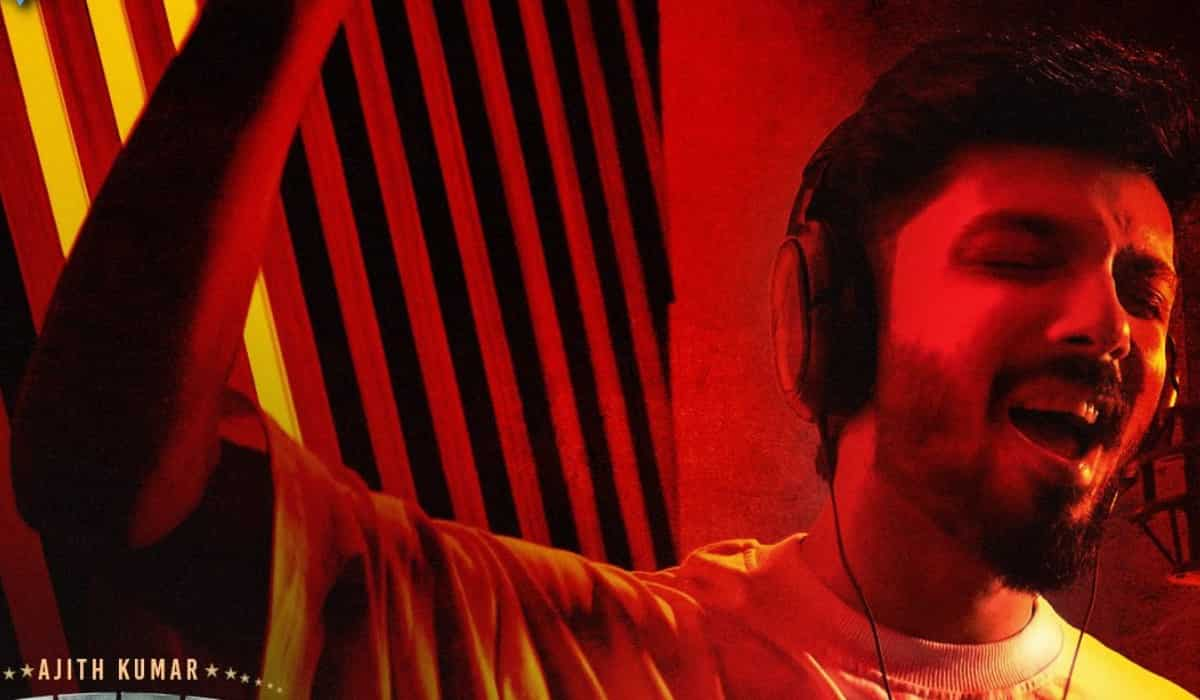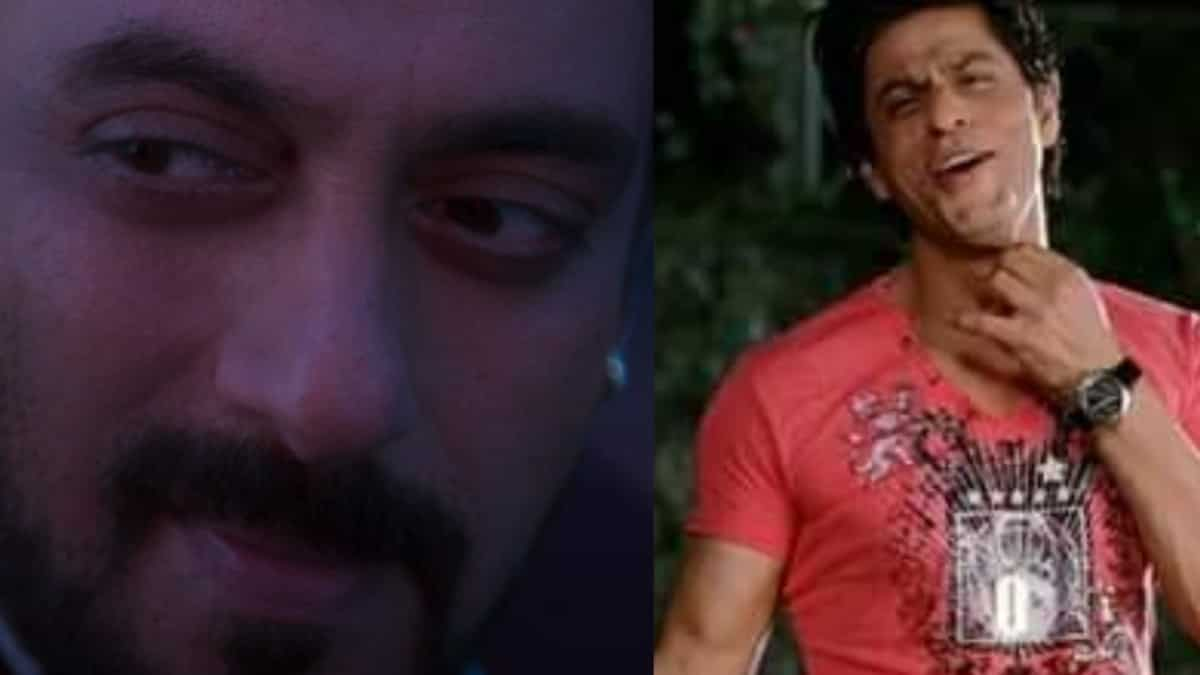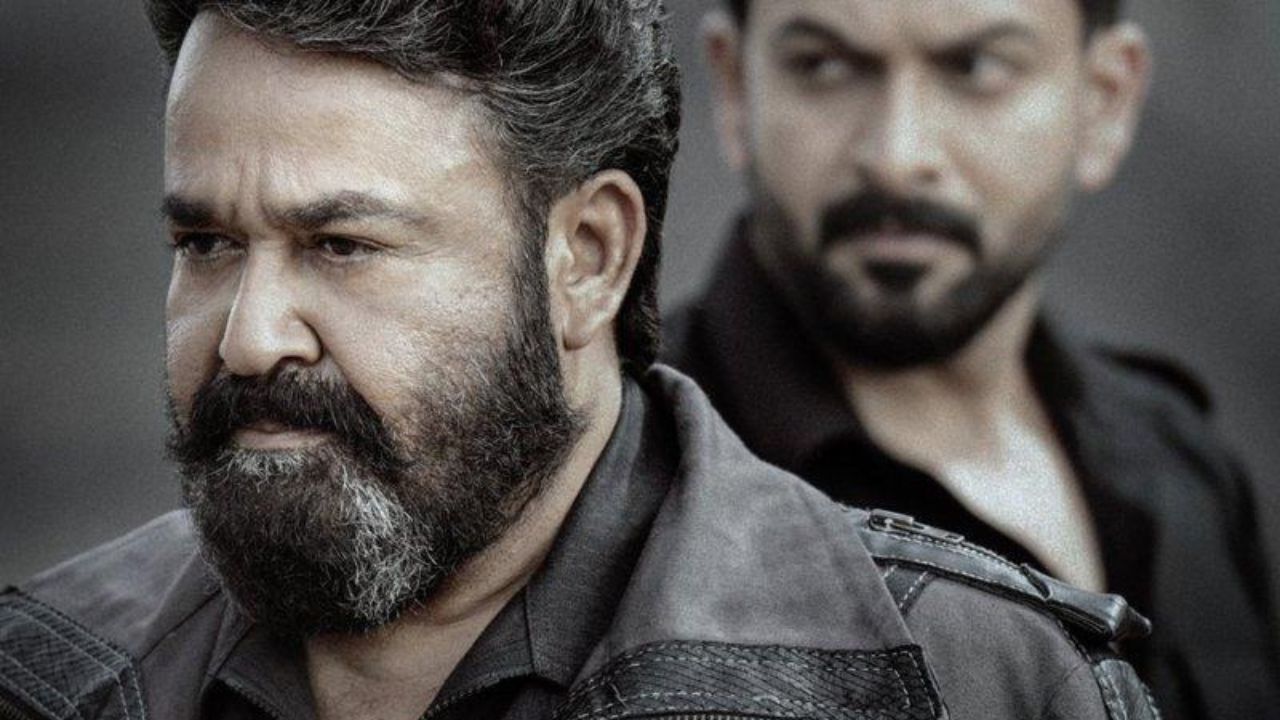
Verse-case scenario: See what’s changed with love songs today
7 months ago | 142 Views
Perhaps Cupid hasn’t got the message. But love songs have been changing over the years. Sure, The Heart Wants What It Wants, Breaking Up Is Hard To Do, and Nobody Wants to Be Lonely. But music, it seems, might be falling out of love with love.
It’s not new; the trend became clear almost six years ago, in 2018, when a study, which examined annual Billboard top 20 songs between 1996 and 2016, first spotted the decline. In 1996, 14 hits on the year-end chart were love songs. In 2016, there was only one.
And earlier this year, researchers from Birmingham Young University in the US looked at Billboard’s top 100 songs of 2019, to see if the love songs were about secure romantic attachments. Turns out, 86% of them were not. Ariana Grande’s Thank U, Next had an avoidant style - they tended to evade commitment; Youngblood by 5 Seconds of Summer had an anxious-avoidant mix, which meant they were suspicious of love. Even with covers, the changes were subtle but present. Dolly Parton’s Jolene, released 50 years ago, begged Jolene not to take her man. Beyonce’s version, from March, warns Jolene not to come for her man.
Indian music, both mainstream and indie, has been going through changes of its own. Here’s what some musicians make of love songs these days.

Yohan Marshall, 33, Mumbai
He’s written a love song Jo Tu Mere Paas Hai (2024) for his wife, about how life feels easier when she’s there; and written Act Like (2022), about the heartbreak that stems from changing for someone, and it still not working out.
Marshall is glad that love songs have more nuance, covering vulnerability and confusion rather than sappy promises. “People are sceptical about love in an age when young adults are lonely,” he says. “We want to find the right person, but there’s online dating, ghosting and swiping. So, it’s harder to date, commit and find true love.”

Songwriters of the moment can’t ignore this dilemma.Marshall’s July release, Bawra Mann, talks about living a busy life, falling in love with someone and finally feeling understood. Anuv Jain has sung about situationships in Husn (2023) which urges the lover to realise that he’s enough for them. Hozier’s Too Sweet (2024), doesn’t even aim for commitment: I think I’ll take my whiskey neat/My coffee black and my bed at three/You’re too sweet for me, it goes. “I wish modern pop would get more personal,” says Marshall.

Nisa Shetty, 30, Mumbai
Shetty is currently touring with AR Rahman and Arijit Singh. “Two people whose songs make me believe in the magic of love,” she says. Her songs Baatein (2020), Thank You (2020), and Six in The Morning (2021), are love songs, but she knows that the playbook has changed.
“Today, lyrics are much more intimate and colloquial, without flowery language and metaphors. Bilingual artists pepper their lyrics with regional-language words, artists are collaborating online, even Korean acts use a bit of English,” she says.

Some songs, such as Jal’s Aadat (2004), about staying in a toxic relationship, make her cringe. But overall, more songs hand the reins over to the woman today. Shetty was a child when Britney Spears’ I’m a Slave 4 U released in 2001. She remembers being scandalised by it. “It wasn’t a love song, even though it was seen as one,” she says.
Female vocalists today are doing better. Last year’s Flowers by Miley Cyrus, is not just a break-up song; it’s a love song to oneself: Started to cry/but then remembered I/I can buy myself flowers. “The pandemic made people realise that being comfortable alone is part of life; and that loving yourself is as important as loving someone else.”

Kamakshi Khanna, 31, Delhi-Mumbai
“Love songs used to convey a profound sense of helplessness and almost spiritual devotion,” recalls Khanna. She grew up listening to Whitney Houston (who sang I have nothing/if I don’t have you), Alicia Keys, and Beyoncé. “The idea that a perfect partner would complete me became deeply ingrained, and I’m still learning how to unlearn it,” she says.
Khanna has experienced love and heartbreak, and says that both have changed her perspective. She’s come to understand that there’s life beyond The One and “the only person who can really rescue you is you.”
Hozier’s Someone New (2015) celebrates the positive aspects of loving anew. Sam Smith’s Too Good at Goodbyes (2017) celebrates the transient nature of relationships. Khanna’s own EP, Heartbreak 2020, draws from her own experiences with awkward dates, mind-games, the Honeymoon phase, unrequited love and hope.

She also points out that empowerment anthems sung by women are often a pigeonhole of their own. “The pressure on female pop singer-songwriters to project a badass image can be exhausting,” she admits. “Love is one of the most powerful emotions, and I miss how unapologetically poets would write about it. But I am grateful to live in an era that explores the emotion in all its dimensions.”
She’s also glad that we’re seeing how toxic a love song can be. Khanna loved The Police’s Every Breath You Take (1983). “Now, if I knew someone was following my every move, I would immediately run.”
Aronjoy Das, 27, Delhi-NCR
It’s not like love songs are dead. The Weeknd just needs a little help on Blinding Lights (2020): Maybe you can show me how to love/maybe. The Chainsmokers, on Closer (2017) are in the backseat of a rover, biting that tattoo on that shoulder. Taylor Swift has built her career on the fantasy, reality and aftermath of love.
Das has written several too. “Because no one enjoys being lonely beyond a certain point. There’s only so much you can romanticise heartbreak.” Most of his discography is love songs. “It’s what drove me to become a songwriter.” His debut song, Lost (2021), is about wanting to be with someone but not being able to; Do You See (2023) is about the idea of love being liberating, not binding. On Rehnuma (2024) and Hua Tera (2024), there are unabashed declarations of love. His latest, Last Time, is about not knowing that the last time was the last time, and the struggle for closure.

To know how people process love today, look at the charts, he says. “Ed Sheeran’s Perfect (2017), Bruno Mars’ Versace On The Floor (2016), Prateek Kuhad’s cold/mess (2020) and songs by Anuv Jain, and The Local Train are regarded as the top love songs,” he says. The themes are a bit of everything: Young love, falling in love, unrequited love. It reflects a generation that’s “falling in and out of love quickly,” Das says, “Our songs capture the mood perfectly.”
Kavita Krishnamurthy, 66, Bengaluru
The playback singer grew up listening to love songs on the radio. Jalte Hain Jiske Liye (1959), Lag Jaa Gale (1964), Rahen Na Rahen Hum (1966), Tum Pukar Lo (1969), and Yeh Raat Bheegi Bheegi (1956) gave her a taste for dramatic romance. “Film songs were all about how they were picturised too,” Krishnamurthy says. “The facial expressions were in close-up, the zoomed-out shots focused on beautiful locations. You could listen to every line and remember each scene.”
As she grew up, her favourites included Jane Jaan Dhoondta Phir Raha (1972), which romanticised finding love. Even as late as the ’80s, it was just a fantasy, because most women had arranged marriages. Finding love wasn’t largely an option,” says Krishnamurthy.

At the peak of her career in the 1990s, Krishnamurthy was singing a variation of the fantasy. There was a enemies-to-lovers theme to Khiladi’s Khud Ko Kya Samajhti Hai. Love was the ultimate goal in Koi Mil Gaya from Kuch Kuch Hota Hai. And love burned all-powerful in the title track of Hum Dil De Chuke Sanam.
“Forever love isn’t a concept among youngsters today,” she points out. Krishnamurthy’s nieces, all single in their 30s, aren’t hung up on big love. “Women are independent, and often doing better than men. Why would the idea of worshipping a husband appeal to them?” says Krishnamurthy. Its why songs such as Tum Ko in Rockstar (2011), which romanticises the silent connection between two people, works better.
“The younger generation also calls out unfairness. The objectification in Tu Cheez Badi Hai Mast Mast (1994) wouldn’t work today. Neither would Akele Akele Kahan Ja Rahe Ho (1967), which just sounds like trouble.”

Amitosh Nagpal, 39, Mumbai
Nagpal’s lyrics have appeared in Oye Lucky, Lucky Oye (2008), Besharam (2013), Dulha Mil Gaya (2010) and Rangrezz (2013). He believes that idealistic notions of love, in songs at least, are so last century. There’s no “magic moment” like there was in Tujhe Dekha Toh Yeh Jaana Sanam (1995), no innocence of first love as in Pehla Nasha (1992). Love is not the be-all and end-all. “No one wants to submit and surrender to it. Though oddly, they still want that from a partner.”
More recent songs, such as Agar Tum Saath Ho (2015), acknowledge that love alone won’t solve anything, they explore the emotional challenges of being in a relationship. “Songs also recognise that relationships might not be permanent,” he says. “So Ghungroo (2021), talks about giving in to impulses, not wasting time, and not making promises,” says Nagpal.
Poetry seems superfluous too. “Catchphrases work over heartfelt lyrics,” says Nagpal. “If you get the right hook, 90% of the work is done.” And yet, when there’s a good message underneath, it makes the catchphrase all the better. “Love You Zindagi (2016), has lyrics about loving yourself and your life first,” he says.
Read Also: Sanjoy Narayan on King Gizzard, a lizard wizard and the chameleons of rock




.webp)
















